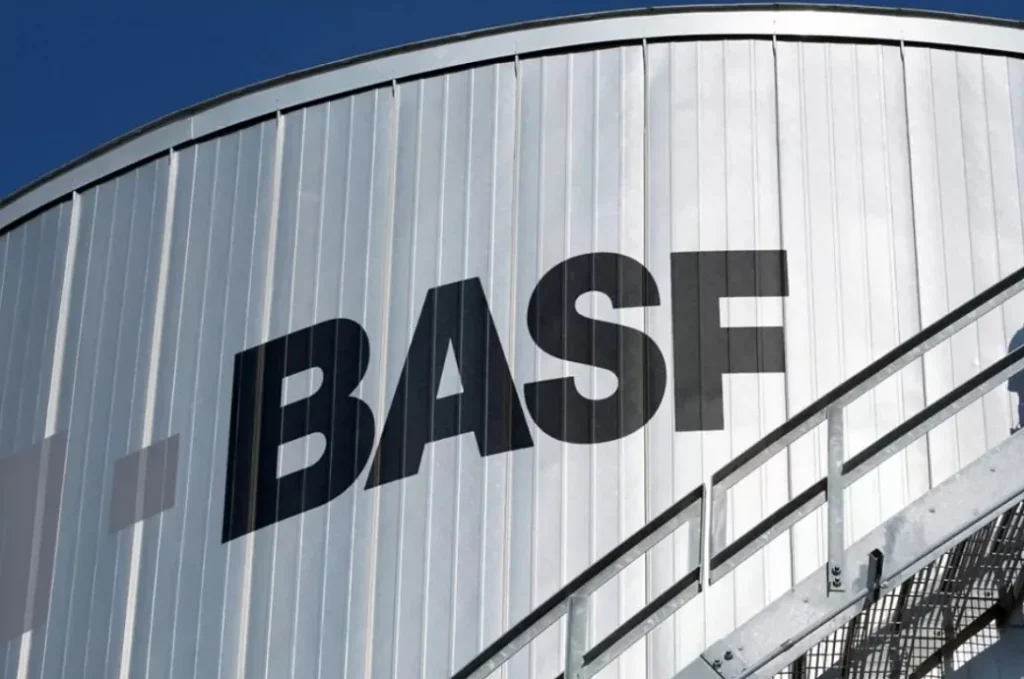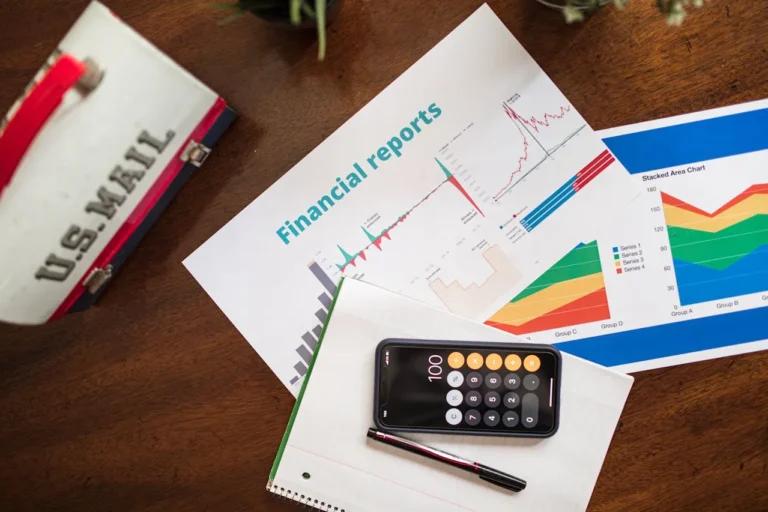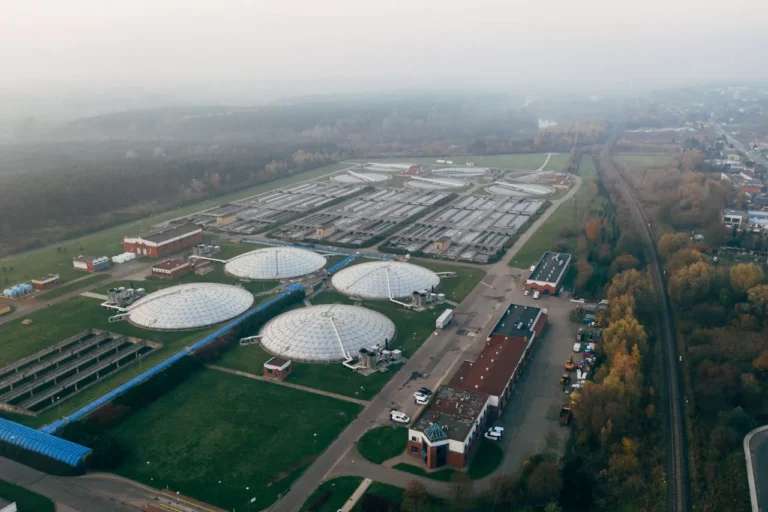
BASF expands its presence in China with a new high-efficiency NPG plant powered by renewable energy, delivering lower-carbon intermediates for eco-friendly coatings
BASF’s Intermediates division has inaugurated a new neopentyl glycol (NPG) plant at the Verbund site in Zhanjiang, China. Following the start-up of the new plant with an annual production capacity of 80,000 metric tons, BASF’s global NPG capacity increases from 255,000 to 335,000 metric tons annually, strengthening its position as one of the world’s leading NPG manufacturers.
NPG is an intermediate mainly used in the production of powder coating resins. The first customer delivery was made in October.Meanwhile, BASF has launched NPG with a reduced product carbon footprint (rPCF), namely NEOL® Neopentylglycol solution 90% rPCF AP[1], for the NPG produced at the Zhanjiang Verbund site.
Preliminary evaluations indicate that the PCF of NPG produced in Zhanjiang is lower than the PCF of the same product manufactured at BASF’s existing NPG plants in Asia[2], due to the site’s highly efficient production technologies, Verbund integration benefits, as well as the use of lower carbon footprint chemical feedstocks and 100% renewable electricity.

Michael Becker, Senior Vice President, Intermediates Asia Pacific, BASF, said, “The new NPG plant bolsters our local production footprint by strengthening our speed and responsiveness to increasing customer demand for eco-friendly powder coating resins across Asia Pacific.
This represents an important step toward our vision of being the preferred partner for sustainable intermediates.
Powder coatings are widely used in various industries, such as building materials, general industry, home appliances, furniture, automobiles, and 3C products[3].
Due to their low volatile organic compounds (VOC), powder coatings enable their users to comply with VOC emission standards by reducing the release of VOCs by up to 50% compared to liquid coatings. Other applications for NPG include the manufacture of lubricants, plasticizers and pharmaceuticals such as ibuprofen.
About BASF Intermediates
BASF’s Intermediates division is a global leader in the development, manufacture and marketing of chemical intermediates and we aim to become the preferred partner for sustainable intermediates for our customers.
With more than 600 products in our portfolio, including amines, diols, polyalcohols, acids and specialties, we offer innovative solutions for a wide range of industries, from coatings and plastics to pharmaceuticals and crop protection.
Our intermediates can improve the properties of end products and increase the efficiency of production processes. With our focus on CO2 management, recycled and bio/renewable products, we offer our customers solutions and products which support them in achieving their sustainability goals. As an ISO 9001 certified division, we operate a global network of production sites in Europe, Asia and North America.
About BASF
At BASF, we create chemistry for a sustainable future. Our ambition: We want to be the preferred chemical company to enable our customers’ green transformation. We combine economic success with environmental protection and social responsibility. Around 112,000 employees in the BASF Group contribute to the success of our customers in nearly all sectors and almost every country in the world.
Our portfolio comprises, as core businesses, the segments Chemicals, Materials, Industrial Solutions, and Nutrition & Care; our standalone businesses are bundled in the segments Surface Technologies and Agricultural Solutions. BASF generated sales of €65.3 billion in 2024. BASF shares are traded on the stock exchange in Frankfurt (BAS) and as American Depositary Receipts (BASFY) in the United States. At BASF, we create chemistry for a sustainable future.
Our ambition is to be the preferred chemical company enabling our customers’ green transformation. We combine economic success with environmental protection and social responsibility. Around 112,000 employees in the BASF Group contribute to the success of customers in nearly all industries and countries worldwide. Our portfolio includes the core segments Chemicals, Materials, Industrial Solutions, and Nutrition & Care, with standalone businesses in Surface Technologies and Agricultural Solutions. In 2024, BASF generated sales of €65.3 billion. BASF shares are traded on the Frankfurt Stock Exchange (BAS) and as American Depositary Receipts (BASFY) in the United States.







